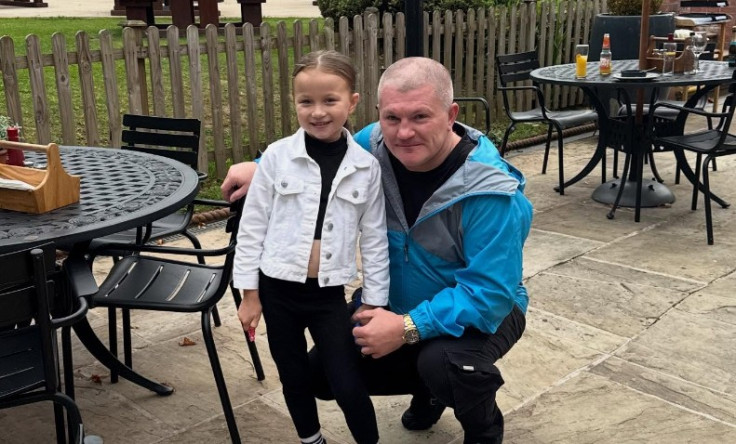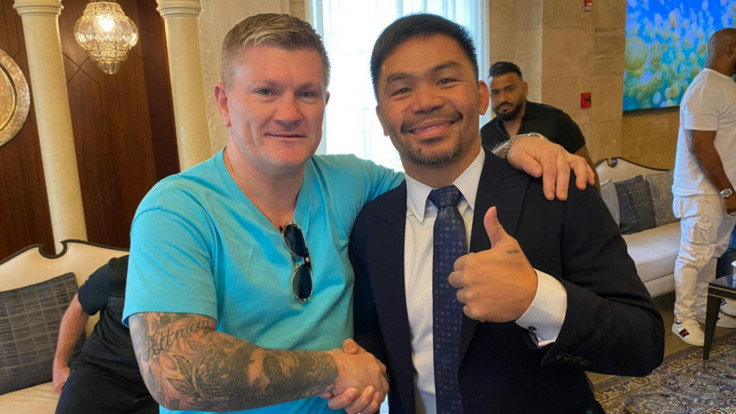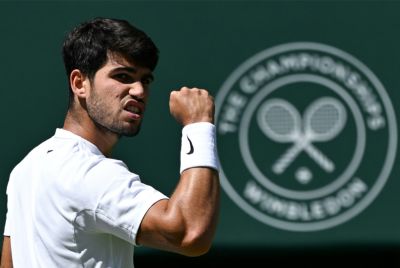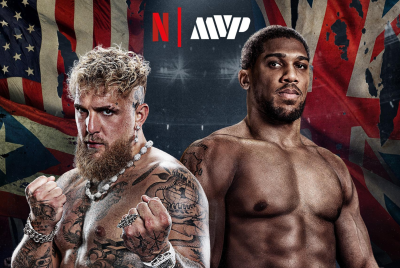Remembering Ricky Hatton: Why America Never Understood Him Yet His Fans Made Him Bigger Than Boxing
Fans followed Hatton from Manchester to Vegas, turning fights into pilgrimages

When Ricky Hatton walked into an arena, he never walked alone. Whether in Manchester or Las Vegas, he was carried by thousands of voices chanting 'Walking in a Hatton Wonderland'.
His fans turned weigh-ins into festivals, rival football supporters united behind him, and entire flights to Vegas felt like Manchester on tour. More than his punches, it was this bond with ordinary people that made him unforgettable.
On 14 September, Hatton was found dead at his home in Hyde, Greater Manchester, aged 46. Police confirmed his death is not being treated as suspicious.
Known as the 'Hitman', he was more than a world champion boxer. He was a working-class hero whose supporters made him larger than the sport itself.
The Fans Who Made Him Bigger Than Boxing
Hatton's following was unique. Thousands travelled across the Atlantic, bringing football terrace songs and unshakable loyalty into the heart of American prizefighting.
For the Mayweather fight in 2007, over 5,000 fans roared through Las Vegas, astonishing US audiences unused to such devotion.
In Britain, he was the people's champion, a boxer who seemed approachable, funny, and down-to-earth. His fans loved him not just for what he achieved in the ring, but for the way he lived among them, humble, accessible and real.
Early Life and Rise to Fame
Born in Stockport and raised in Hyde, Hatton grew up above a pub and worked in the family carpet business before turning professional in 1997. His relentless, all-action style, paired with his everyman personality, quickly drew crowds.
He won his first 41 fights and captured world titles at light-welterweight and welterweight. By 2005, after defeating Kostya Tszyu to claim the IBF light-welterweight belt, Hatton was a global name and a national treasure at home.

Why America Never Fully Understood Him
Despite the legions who followed him to Las Vegas, Hatton never quite captured the American imagination.
In the US, boxing was about polished showmen like Floyd Mayweather. Hatton represented grit, pressure and working-class resilience.
To many Americans, he was an outsider. But to British fans, that outsider status only deepened their love. He was not a superstar crafted for cameras. He was one of their own.
Career Highlights and Setbacks
Hatton amassed a record of 43-0 before facing Mayweather in 2007. The tenth-round defeat was followed by another high-profile loss to Manny Pacquiao in 2009. Despite those setbacks, he remained adored, with victories over fighters like Jose Luis Castillo and Paulie Malignaggi adding to his legacy.
He retired with 45 wins and three defeats, later announcing plans for a comeback fight in Dubai in December 2025, a fight that will now never take place.
Personal Struggles and Human Legacy
Beyond the ring, Hatton battled depression, alcohol and drug issues. His openness about mental health resonated with fans who saw him as flawed but honest, a fighter inside and outside the ropes.
His family remembered him as 'Richard, a loving father, grandfather, brother and friend.' Tributes poured in from across sport and culture: Tyson Fury said, 'There will only ever be one Ricky Hatton.'
Wayne Rooney called him 'a legend, a warrior and a great person.' Liam Gallagher and other cultural icons also paid homage, while Manchester City held a minute's applause.
For all the belts and big nights, Ricky Hatton's true legacy is etched not in records but in memories, those moments when fans, singing and celebrating, made him bigger than boxing itself.
© Copyright IBTimes 2025. All rights reserved.





















